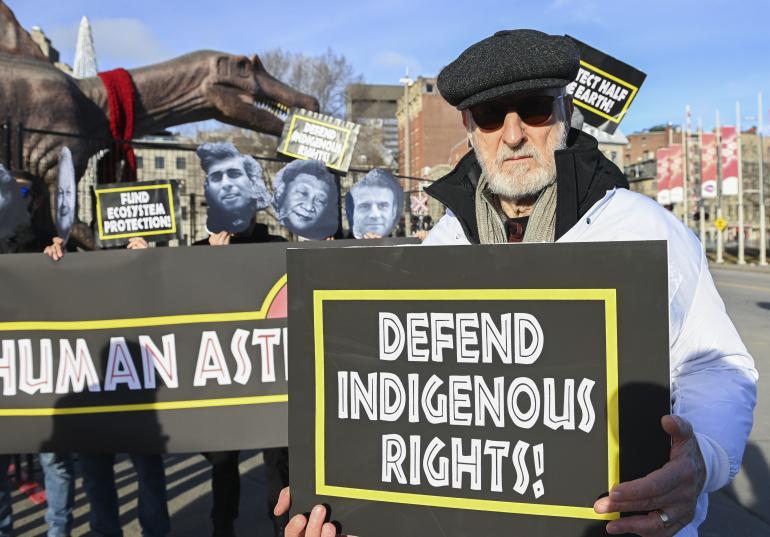COP15, historic commitments!
After several days of debates and discussions, COP15 ends with agreements. What can we learn from the conclusions of the Montreal COP15 on biodiversity?
Four years of dialogue come to an end
Because of the covid-19 crisis, the 15th global biodiversity conference had to wait patiently for its time to come. Considered the ‘COP of the decade’, it took four years to bring together 195 countries and finally reach conclusions on the way forward. States commit to taking “urgent action” to slow down the degradation of the earth. By 2030, the leaders and their nations are determined to preserve 30% of the planet and restore 30% of ecosystems. Pesticides must be halved and funding must be doubled. According to Christophe Béchu, France’s Minister for Ecological Transition and Territorial Cohesion:
“Everyone will now have to prove that they are up to the task of this text and that it is not a paper agreement, the work begins.”
The COP remains a real turning point for future generations. This is a collective responsibility. Leaders and civil society will have to unite to ensure that the promises made are fulfilled in the coming years.

Major resources and warnings
The COP15 roadmap includes 23 targets to halt the destruction of nature by 2030. During the COP, leaders recognize the prominent role of indigenous peoples and local communities worldwide. They are seen as the “custodians of biodiversity” and their views will be valued and listened to more. Indigenous communities will also be able to consider direct funding to have more possibilities for action.
The final discussion was about economic means. For the Northern states, their financial flow will have to double or even triple to help the South’s countries have rapid access to resources to enable them to follow their environmental ambitions. According to the environmental confederations, the causes that most disturb biodiversity are not clearly addressed. Ecologist in Action denounces that corporate power and profits always take precedence over nature and people. Lobbies will have to slow down their impact on the environment and reduce their drive for more profit. An update on the progress of the measures will take place in 2024, in Turkey, at the upcoming COP16.
Source : Le Monde, 20 Minutes
Credit photo: Lars Hagberg, Graham Hughes
Global Goodness suggests:https://globalgoodness.ca/en/quebec-universities-get-involved/





